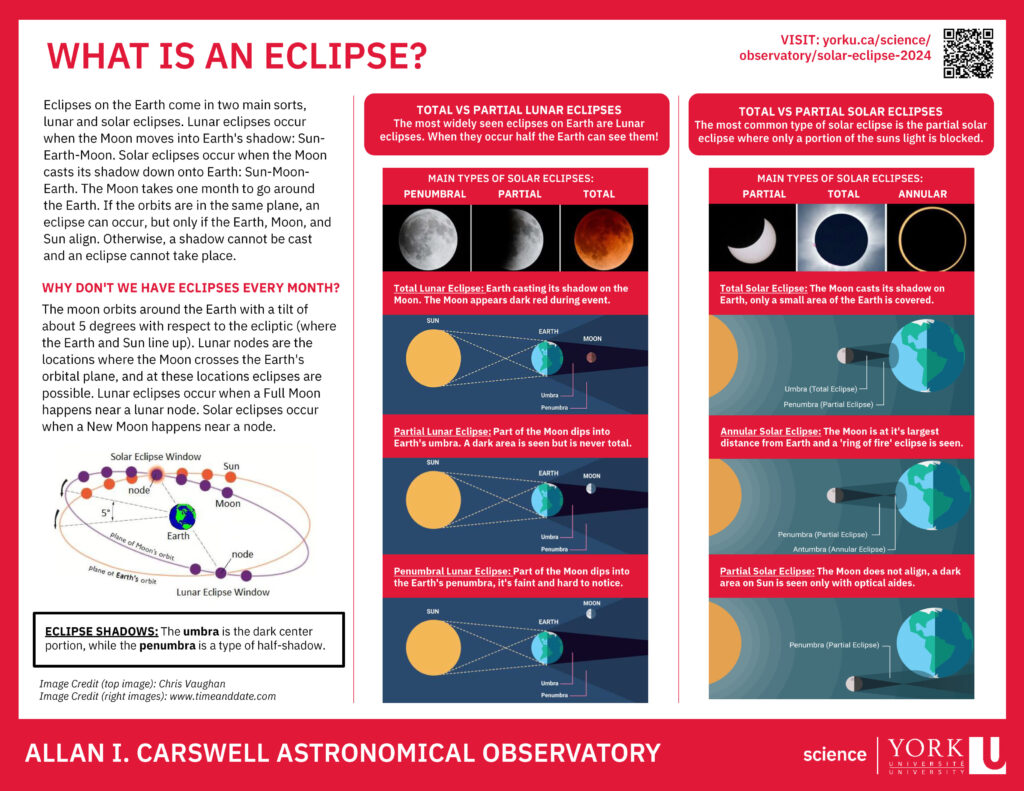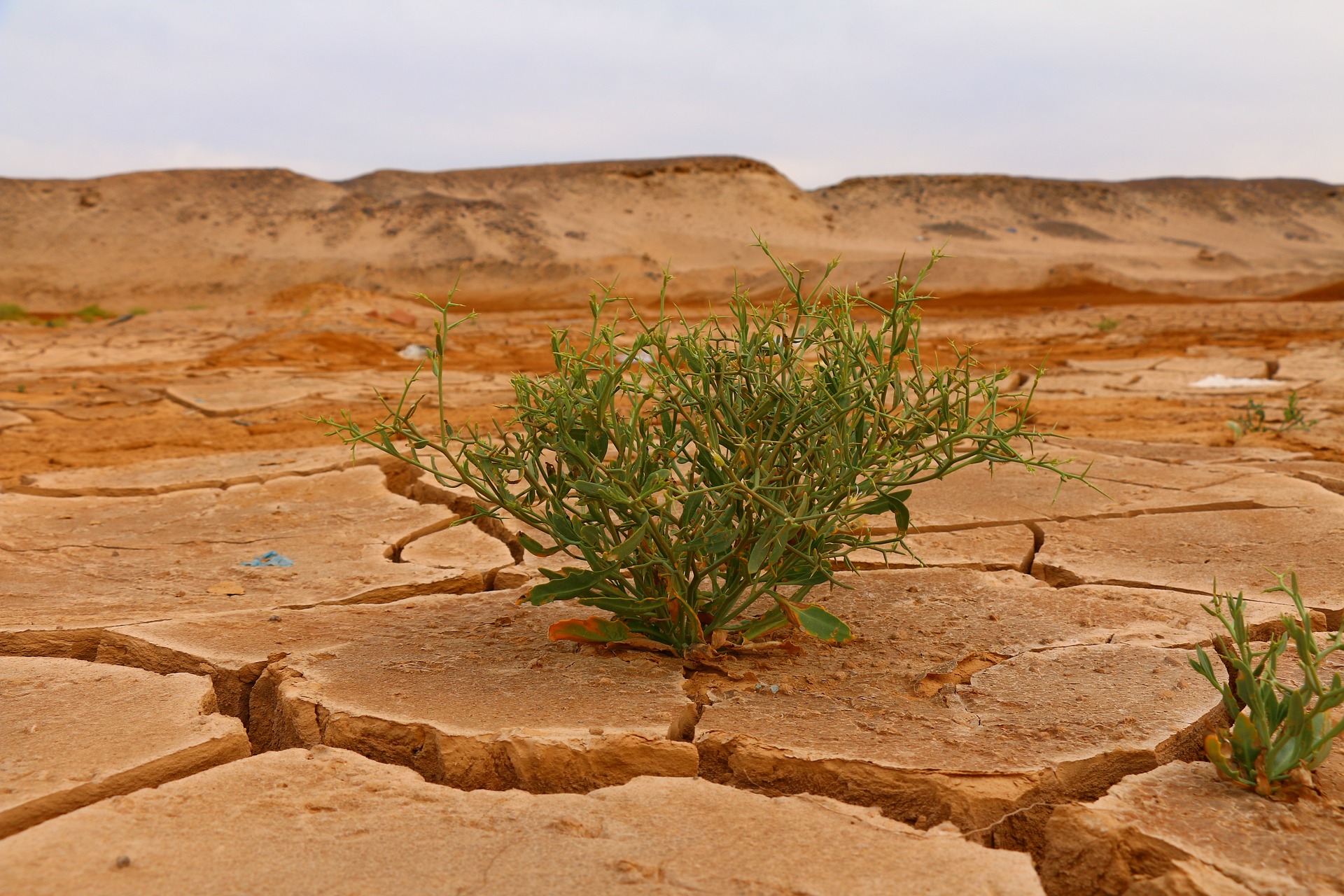
Safe solar and eclipse viewing tips and tricks ahead of the main event
TORONTO, March 7, 2024 – Your mother probably told you to never look at the Sun or you would go blind, but that is particularly true when it comes to the upcoming solar eclipse, says Elaina Hyde, director of York University’s Allan I. Carswell Observatory.
Hyde, an assistant professor in York’s Faculty of Science, is available for media interviews in the lead up to the eclipse to talk about what an eclipse is and how to safely view it.
Although it will only be a partial eclipse in Toronto, 99.6 per cent, it is still strong enough to cause eye damage, even blindness, if anyone looks directly at it, adds Hyde, an assistant professor in York’s Faculty of Science.
For those wanting the full experience, the total eclipse will be viewable in other areas of Ontario – Niagara Falls, Hamilton and St. Catharines. In Toronto (timing varies depending on location), the partial solar eclipse will begin at 2:04 p.m. and end at 4:31 p.m. on April 8 with the maximum at 3:19 p.m.
“People, especially young children, may be tempted to look up during the eclipse, but it’s not safe to do so without proper protection,” says Hyde. “And, sunglasses are definitely not protective and shouldn’t be used when viewing the eclipse, but there are safe ways to do it.”
How do you look at the eclipse safely? Use solar viewing glasses, a pin hole camera or special solar filters on a telescope or binoculars.
A solar eclipse, which is fairly rare, is when the moon casts its shadow on the Earth. It is different from a lunar eclipse, which occurs when the moon moves into Earth’s shadow.








